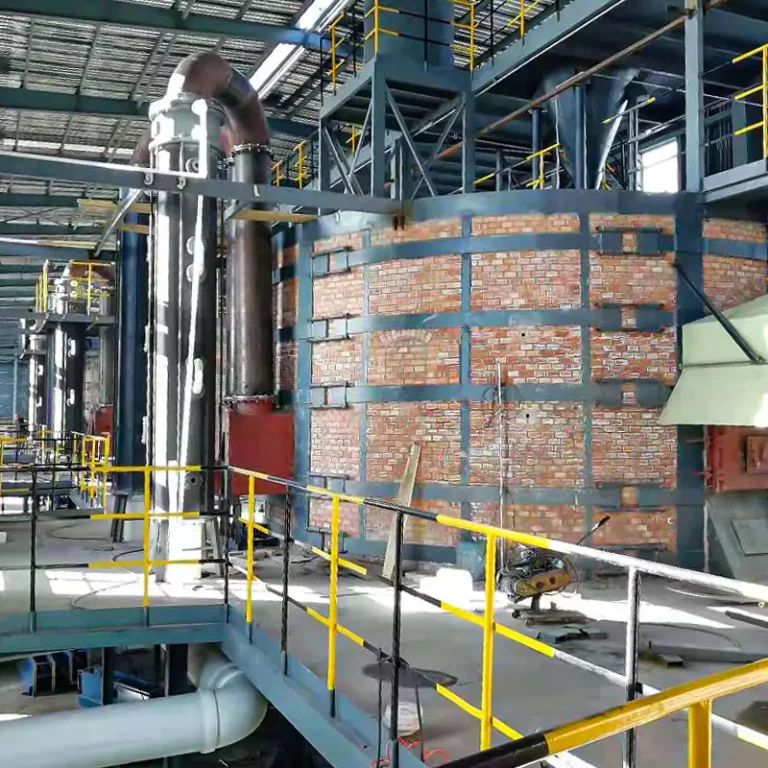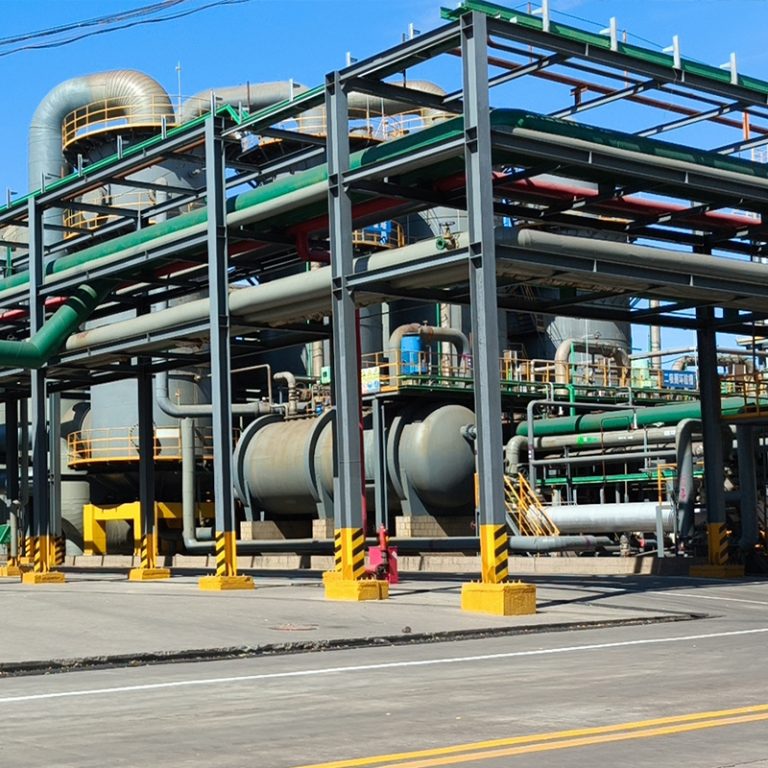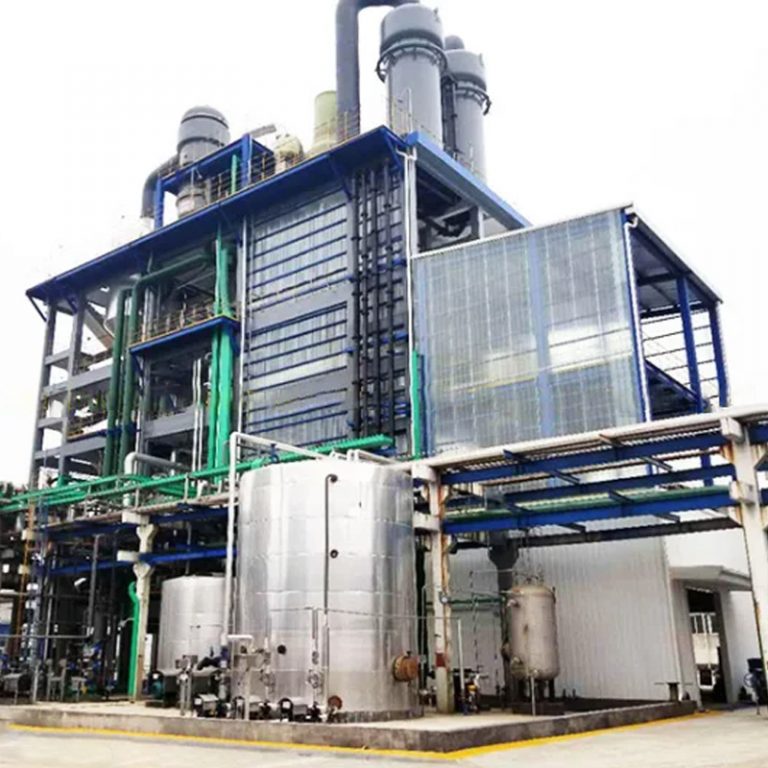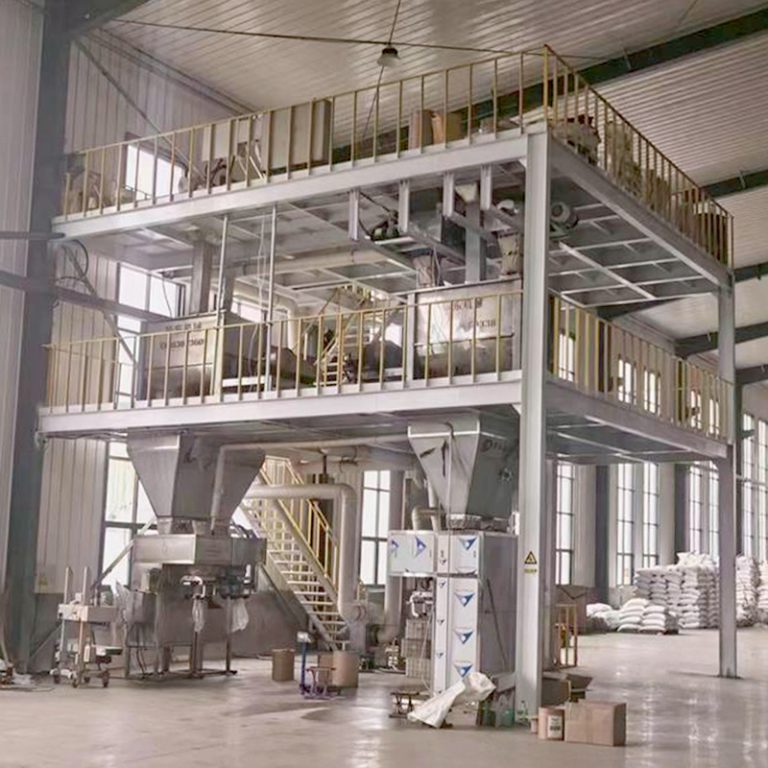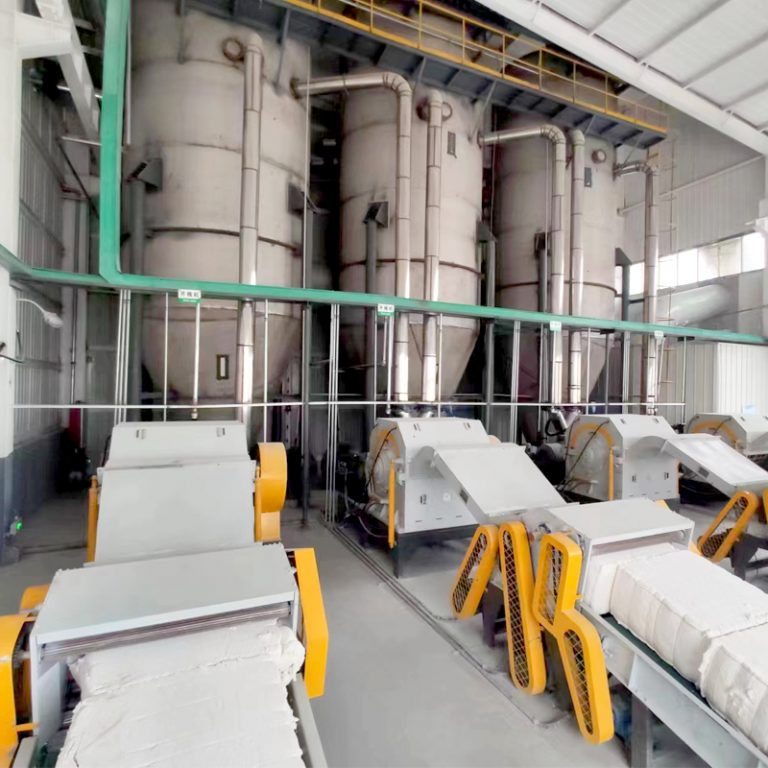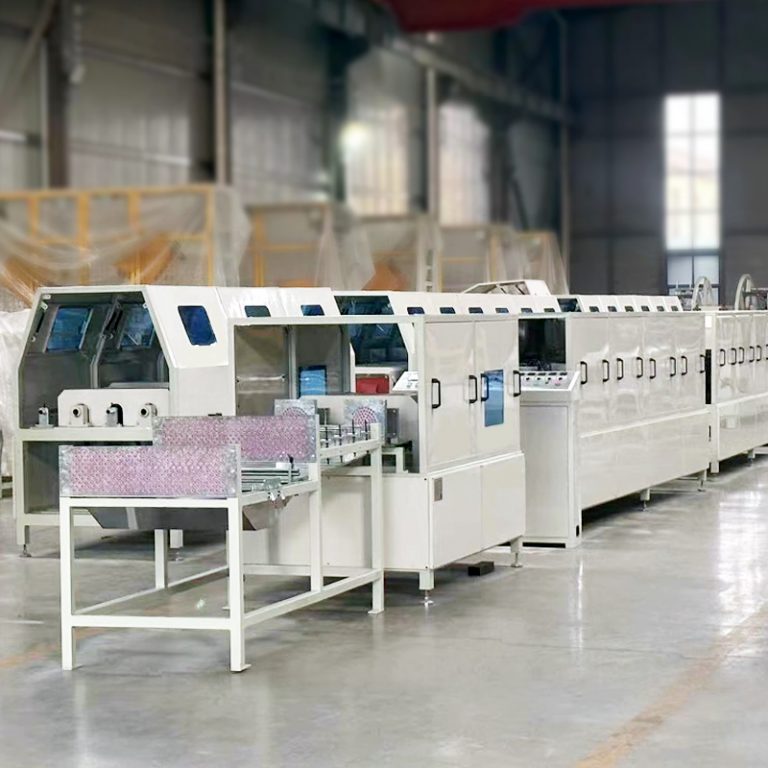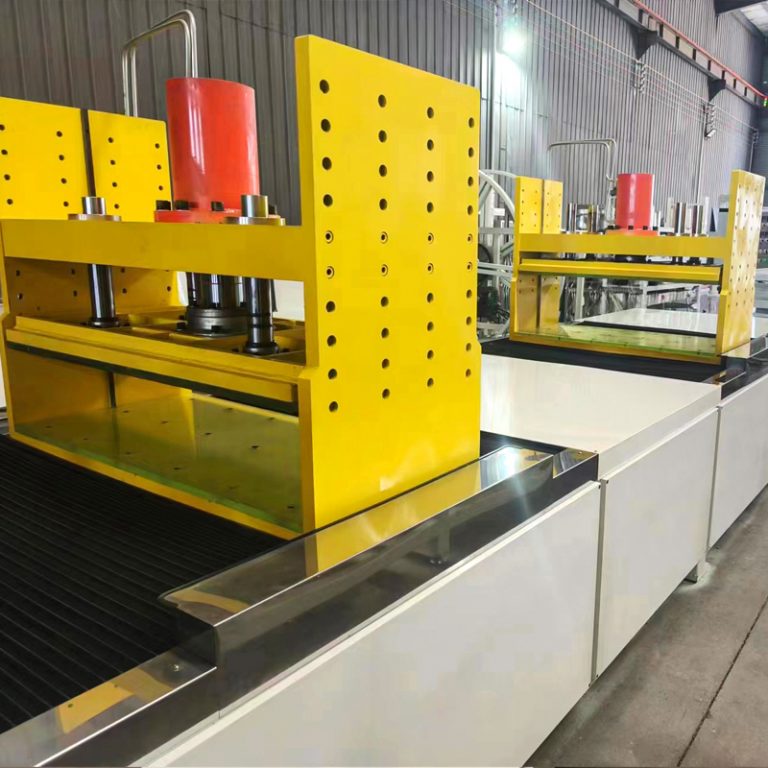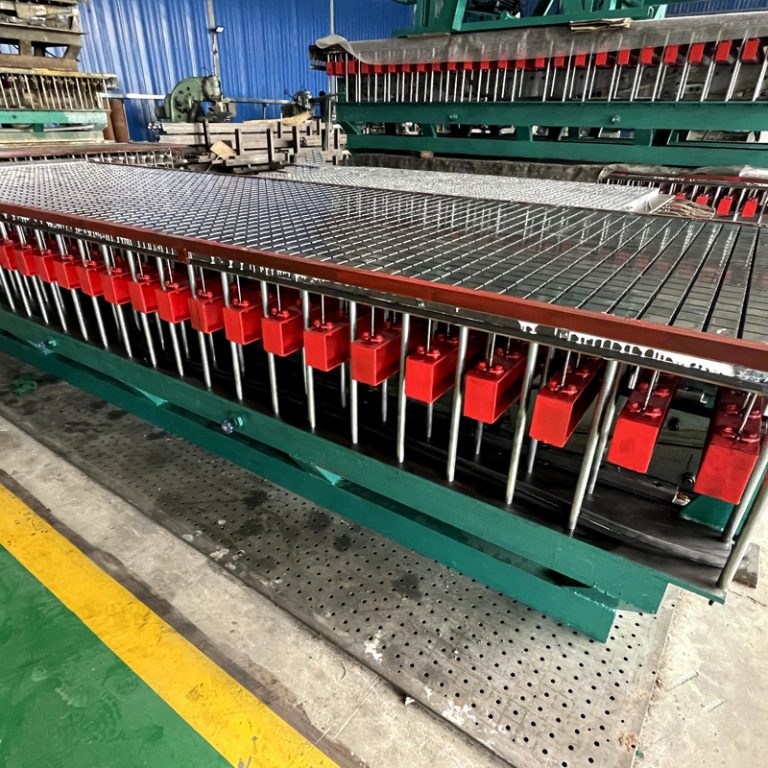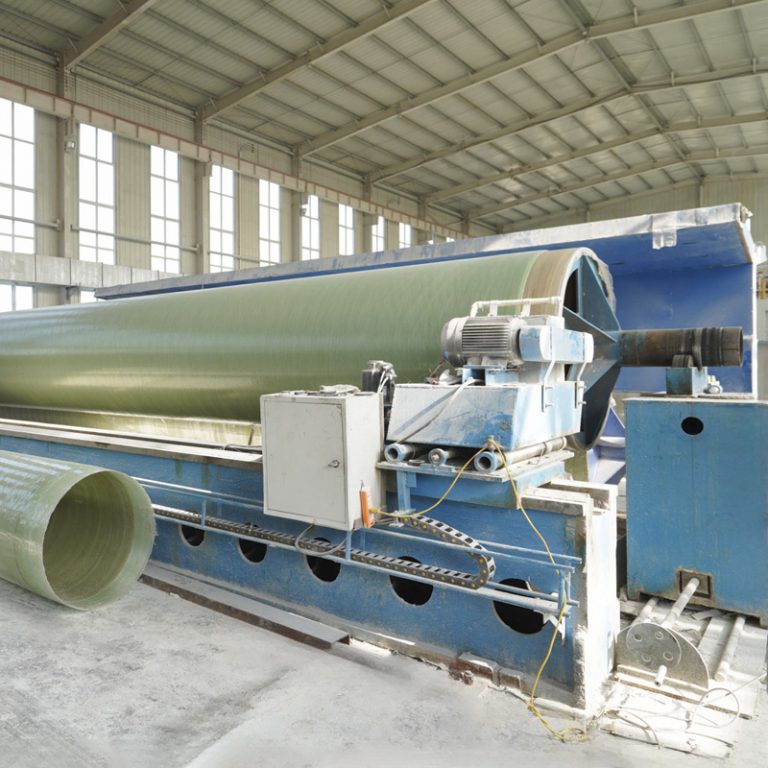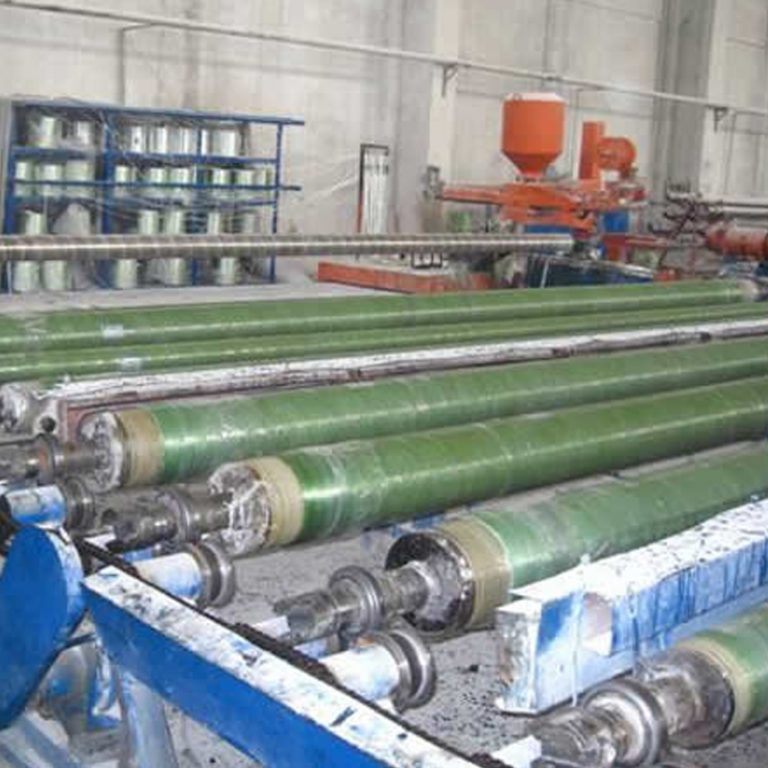The Role of FRP/GRP Rebar Machines in Today’s Construction Industry
Advancements in Construction Technology
Over the years, the construction sector has witnessed progress thanks to the introduction of innovative materials and equipment upgrades. The FRP/GRP Rebar Machine stands out as an example of this progress by contributing significantly to construction projects through the manufacturing of fiber-reinforced polymer rebars. These machines play a role in improving the effectiveness and standard of construction endeavors.
Importance of Reinforcement in Structural Integrity
To ensure buildings and infrastructure remain strong and durable over time requires implementing reinforcement methods to maintain their integrity for the run. At times relying on steel for reinforcement had its challenges due to its susceptibility to rust over time. The FRG/GPB Rebar Machine provides a solution, by creating rebars that are lightweight and rust-resistant guaranteeing prolonged resilience when utilized for reinforcing different structures.
Comparing Traditional and Modern Reinforcement Techniques
In the past, reinforcement techniques typically involved steel rebars that were heavy and prone to rust over time. However, modern methods that involve the FRB or GRB Rebar Machine produce rebars that’re resistant to corrosion and long-lasting. This shift from school to innovative approaches highlights the growing importance of materials in the construction sector.
Key Advantages of Using FRP/GRP Rebar Machines
Enhanced Durability and Longevity
Using the FRP/GRP Rebar Machine comes with the advantage of producing reinforced bars that exhibit enhanced durability and resilience over time. These structures are designed to endure environmental conditions such as moisture and chemicals, which contribute to the longevity and stability of buildings with reduced maintenance requirements.
Cost-Effectiveness and Efficiency
The FRP plastic rebar machine simplifies production procedures efficiently and leads to cost savings on both materials and labor costs. It can perform tasks automatically such as yarn division, impregnation, forming pre-shapes, winding, heating, curing, pulling, cutting to set lengths, assembling, and piling. These automated processes reduce intervention and speed up production timelines.
Environmental Impact and Sustainability
Using FRG/glass fiber-reinforced polymer rebars made by these machines is beneficial for the environment in several ways. The lightweight nature of these materials helps cut down on transportation emissions, and their durability means less frequent replacements are needed. Moreover, they are resistant to corrosion and do not release harmful substances into the environment.
Technical Aspects of FRP/GRP Rebar Machines
Composition and Material Properties
The FRG/GRP Rebar Machine makes use of cutting-edge materials like fiber-reinforced polymers that have qualities that conventional materials do offer advantages such as high tensile strength-to-weight ratios and exceptional resistance to environmental wear and tear.
Installation Process and Techniques
Installing FRP/GRP rebars is simplified by their nature and ease of handling during installation processes. The machine’s ability to consistently manufacture rebars in sizes guarantees seamless installation procedures. Additionally, the inclusion of features, like a cutting saw for tracking, facilitates precise length adjustments conducted directly at the site.
Maintenance and Operational Considerations
Structures employing FRP/GRP rebars have maintenance requirements as they possess inherent resistance to corrosion and exhibit good durability over time. The equipment used for handling FRP/GRP rebars necessitates inspections, but the process is facilitated by the integration of intelligent temperature-regulating mechanisms in furnaces. These mechanisms aid in the cleaning process by enabling access to segmented structures for resin removal.
By integrating machinery into construction methods and protocols, companies can achieve improvements in project outcomes and operational efficiency. These benefits underscore the increasing significance of the FRP/FRP Rebar Machine as an asset in contemporary construction projects.
Applications of FRP/GRP Rebar in Various Construction Projects
Residential Buildings and Infrastructure
FRP/GPR rebar tools are now commonly utilized in construction and infrastructure endeavors to create durable rebars that effectively combat corrosion for strengthening a range of structures like houses and transportation systems such as bridges and roads The longevity of FRP/GPR rebars guarantees that residential structures can endure different weather conditions while maintaining their structural strength.
Commercial and Industrial Projects
The FRP/GRP Rebar Machine plays a vital role in fabricating materials that meet strict safety and durability standards. These reinforced bars are used in constructing buildings such as skyscrapers, industrial plants, and warehouses where the ability to bear heavy loads is crucial. The corrosion-resistant nature of FRP/GRP rebars gives them an advantage over steel, reducing maintenance costs and extending the lifespan of commercial structures.
Special Applications in Challenging Environments
Industries such as chemical plants find great value in the features of FRP and GRP produced by these tools and equipment. These materials excel in resisting corrosion caused by saltwater and chemicals, making them ideal for constructing docks, platforms, and tanks used to store chemicals. The equipment utilized in producing FRP and GRP enables the fabrication of rebars in sizes customized to fit the requirements of projects undertaken in these demanding surroundings.
Future Prospects and Innovations in FRP/GRP Rebar Technology
Emerging Trends in Construction Materials
The construction industry is currently seeing a trend towards utilizing materials with performance characteristics. FRP/GRP Rebar Machinery is at the forefront of this transformation by enabling the development of materials that offer superior strength-to-weight ratios compared to traditional options. Given the growing demand for eco-construction solutions in today’s market, the significance of these machines, in meeting industry requirements is set to increase significantly.
Research and Development Initiatives
Recent research and projects are focused on improving the capabilities of FRP and GRP Rebar Machines by investing in research and development projects to simplify automation processes and enhance production efficiency. Simultaneously, these efforts involve experimenting with new material combinations to further enhance the performance of rebars. These initiatives aim to broaden the scope of applications across sectors, within the construction industry.
Potential Challenges and Solutions
While FRP and GRP bring advantages to construction projects like lasting durability and resistance to corrosion—features highly valued in the industry—they do come with challenges to tackle such as the initial higher costs when compared to traditional materials like steel rebars. However, integrating manufacturing techniques using machinery can gradually balance out these expenses. Furthermore, introducing control systems into the production equipment for FRP and GRP can streamline operations, minimize labor expenses, and improve overall cost-effectiveness.
Aoliande’s Contribution to the Construction Industry
Overview of Aoliande’s Product Lineup
Aoliande has influenced the construction industry by offering a wide range of products designed to address the requirements of modern buildings.
Innovative Solutions for Modern Construction Needs
Aoliande’s innovative Computer Control Filament Winding Machine is tailored for projects requiring efficient handling of robust composite materials as seen in the production of large FRP tanks through careful mandrel rotation and resin application controlled by sophisticated computer software, showcasing their commitment to integrating technology into manufacturing processes.
Commitment to Quality and Customer Satisfaction
Aoliande’s core values lie in upholding quality control measures for their entire product line to meet industry standards for performance and reliability consistently. They don’t just make products but also prioritize customer support by offering technical help and comprehensive training sessions to ensure customers can make the most of their investments in Aoliande equipment.
For any further inquiries or assistance, please feel free to contact us via WhatsApp at +86-13363884492 or email them at belen@aldfrp.com. We are here to provide you with the best service possible.








